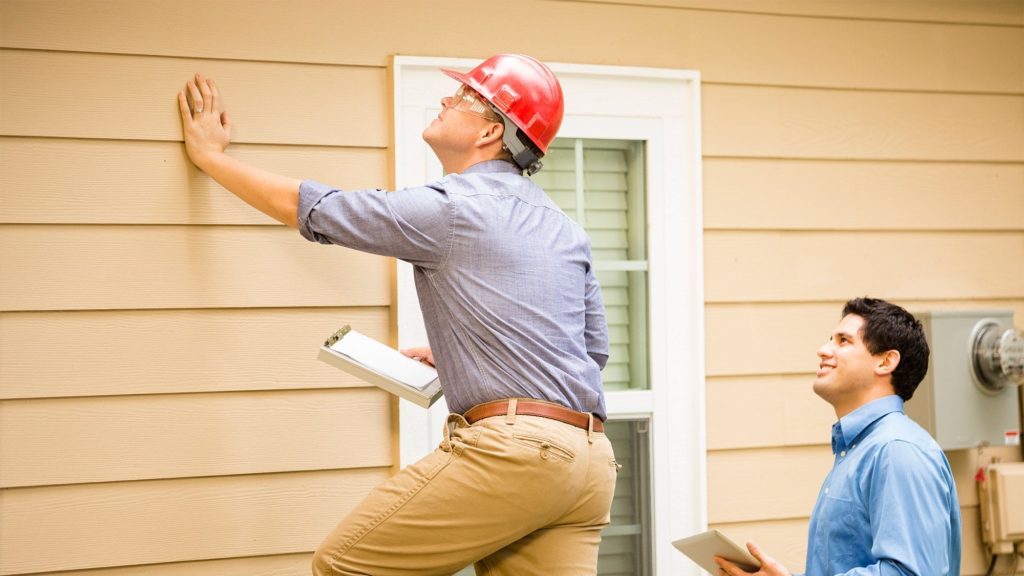For most homebuyers, they know that no matter how much they love a house, getting it inspected before closing the deal is essential.Homebuyers often add an inspection contingency to their offers, which means you can back out of the deal if a significant problem is revealed. Given how an inspection can protect buyers from a lot, it’s no surprise that most homebuyers get one done. However, do you know what type of home inspection you need?Our team at Corken + Company felt this guide to home inspections useful for any curious about what kind of inspection you may need!
Mold inspection:
Most people cringe at the thought of a mold inspection, and for good reason. Mold presents some very serious health risks, but it often goes unseen, says Scott Bergmann, an agent with Realty ONE Group Sterling in Omaha, NE. It typically occurs near the foundation or plumbing lines, and exposure to it could cause respiratory problems, rashes, or cold symptoms. If there’s any hint of trouble, go for it. A mold inspection is usually done by mold remediation companies, and it typically includes a visual assessment and testing of both air and surface samples.
Cost: $300 to $1,000
Roof inspection:
A roof is typically included in a general home inspection. But if the inspector notes some visible wear and tear, an additional roof inspection by a roofing contractor is a smart move, says Bergmann.
It’s also a good idea to have one when a home is older. If a major roof repair or replacement is imminent, you sure want to see it coming because it can be a massive expense.
Cost: $120 to $315
Lead-based paint inspection:
For homes built before 1978, you’ll receive a “Lead Warning Statement” as part of the seller’s disclosure. This notifies you that the seller has complied with lead-based paint notification requirements.
Be aware: This might reveal only that the seller doesn’t know if the home has lead-based paint. When in doubt, know that you can inspect a home for lead-based paint, according to the U.S. Environmental Protection Agency. Use the EPA’s online tool to find a certified inspector.
Cost: $225 to $419
Asbestos inspection:
Until the late 1970s, certain items used to build homes—including roofing, floor tiles, insulation, and pipes—contained asbestos, a substance that has been linked to serious health issues, including some cancers. Federal law doesn’t require home sellers to disclose that the home contains asbestos, but many states do require disclosure, according to the EPA.
If you are on the verge of buying an older home and/or suspect the presence of asbestos, consider getting an inspection by a local asbestos abatement company.
Cost: $225 to $800
Radon inspection:
As crazy as it might sound, radon is a radioactive gas that occurs naturally and can seep into your home through the foundation, crawl space, or basement. It’s been linked to an increased risk of lung cancer, so this is a very serious concern for a prospective homebuyer.
While radon might be more common in certain areas of the country than others, the federal Agency for Toxic Substances and Disease Registry recommends that all homes get tested for it. The National Radon Safety Board can help you find a professional inspector if your general inspection didn’t test for this gas.
Cost: $150 to $700
Learn more about the types of home inspections at:
https://www.realtor.com/advice/buy/types-of-home-inspections-and-which-ones-you-need/





